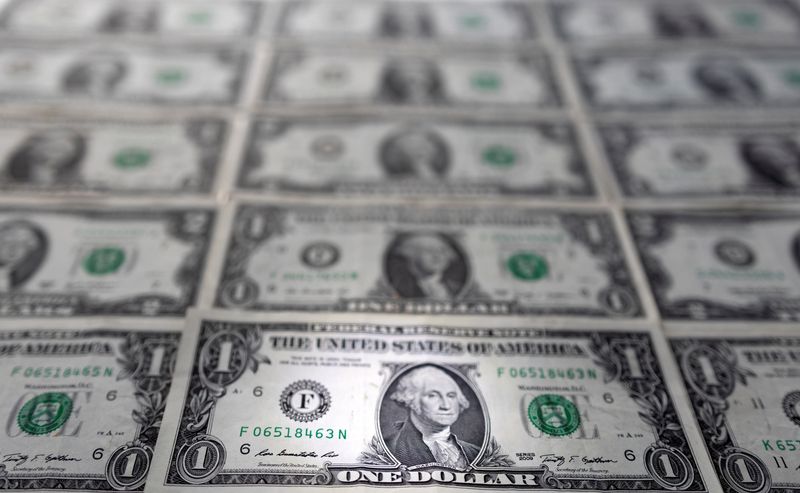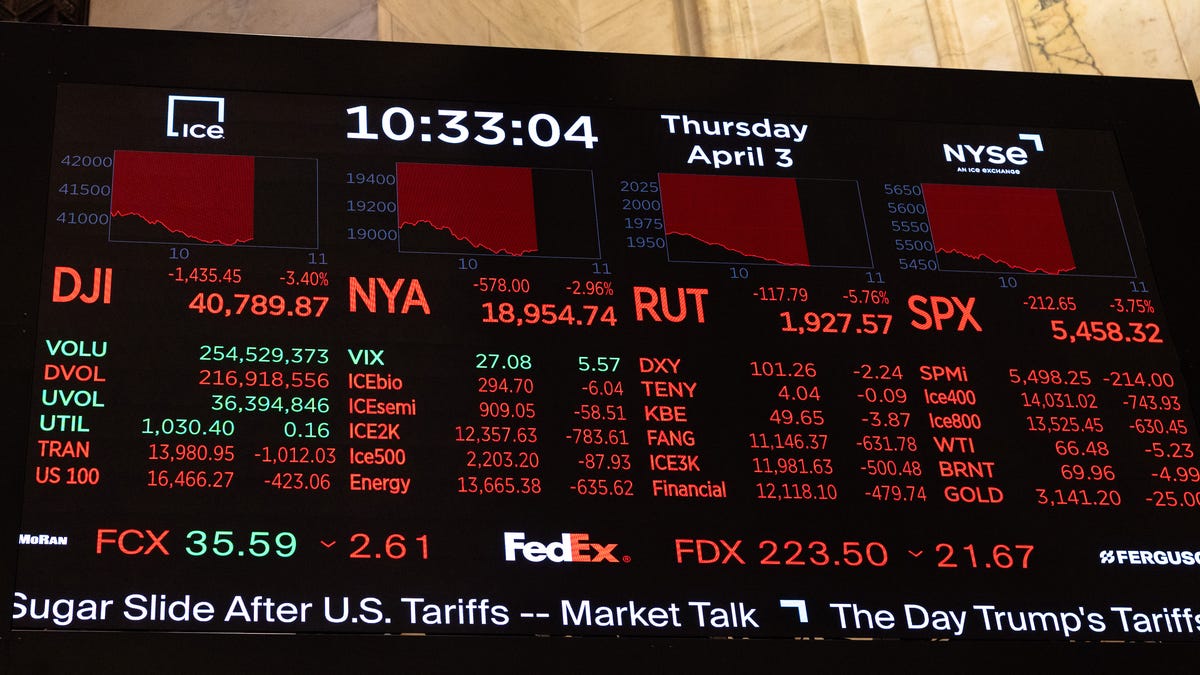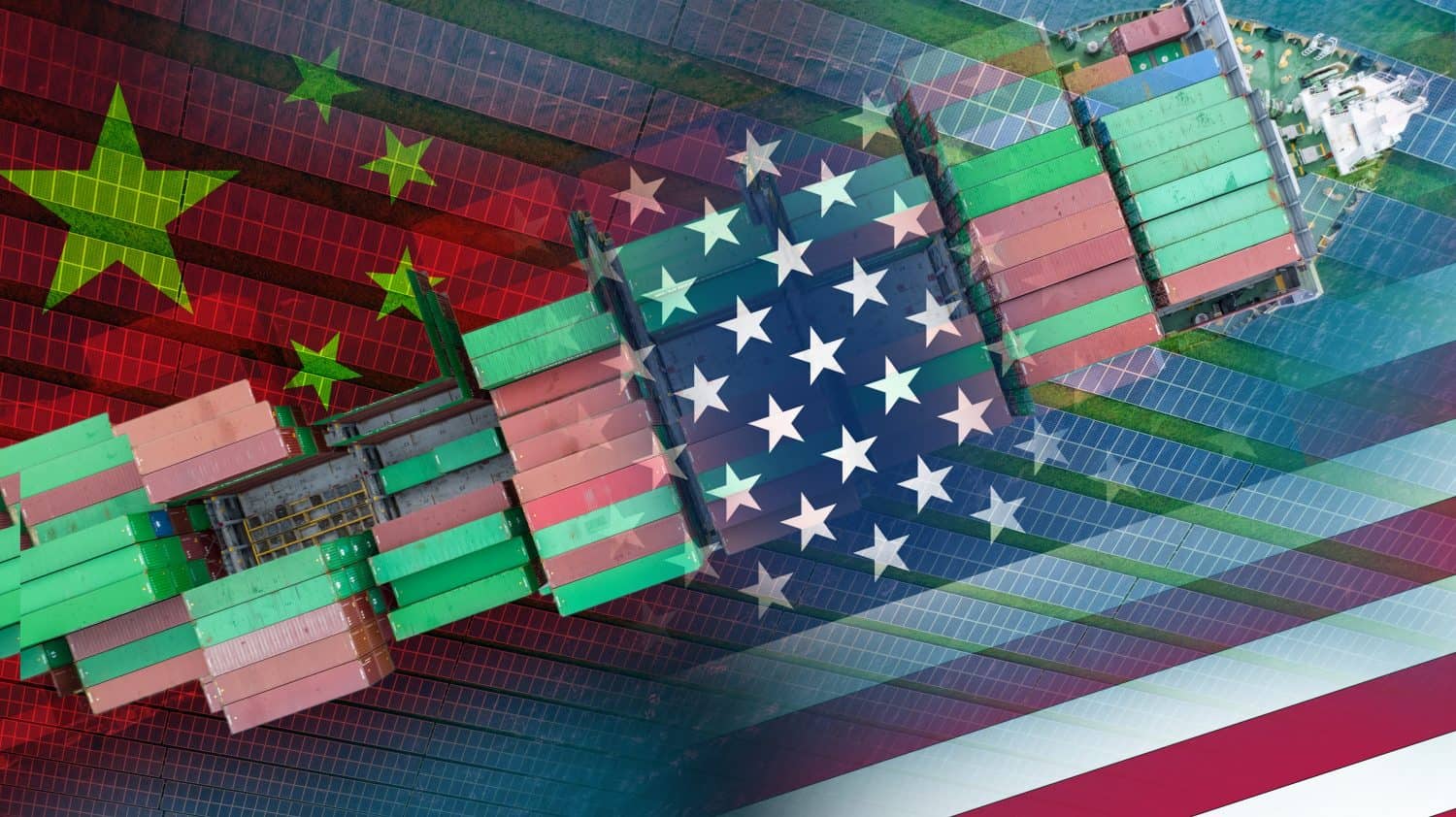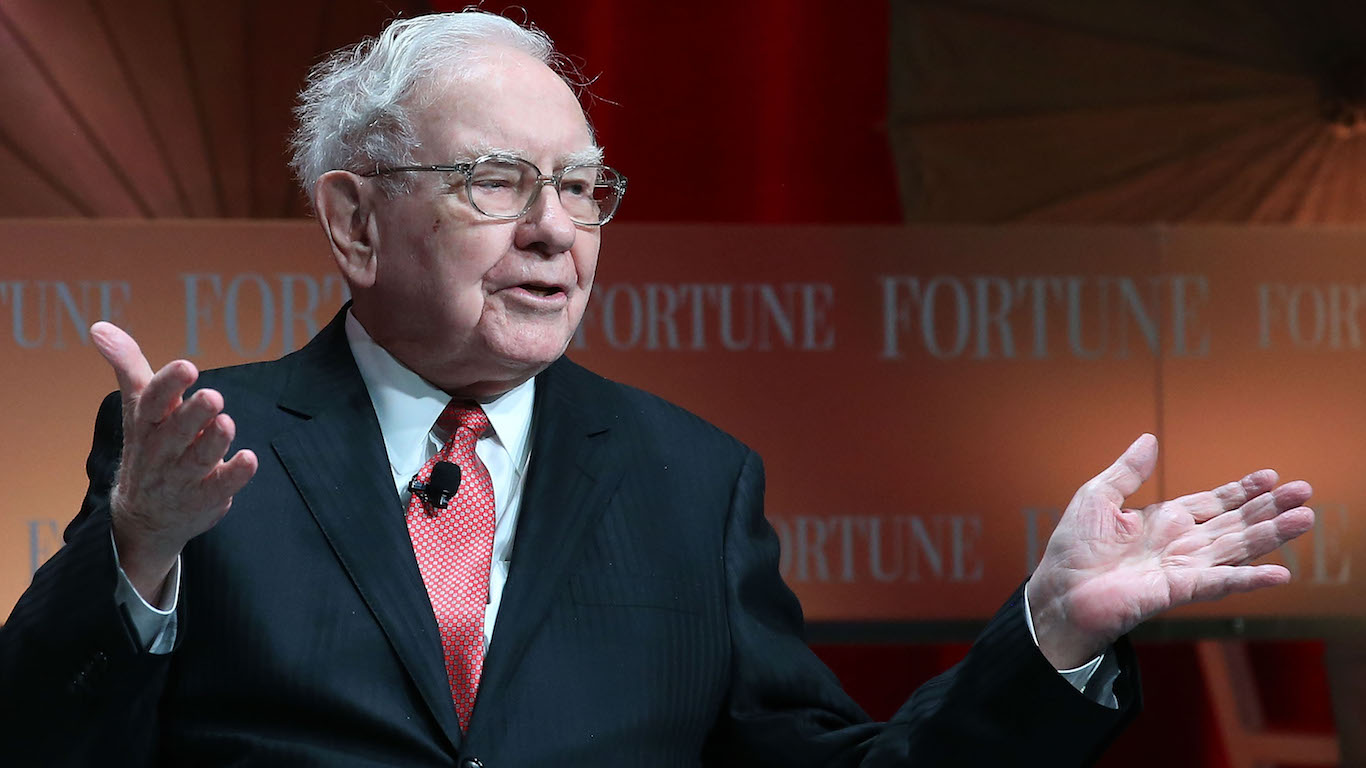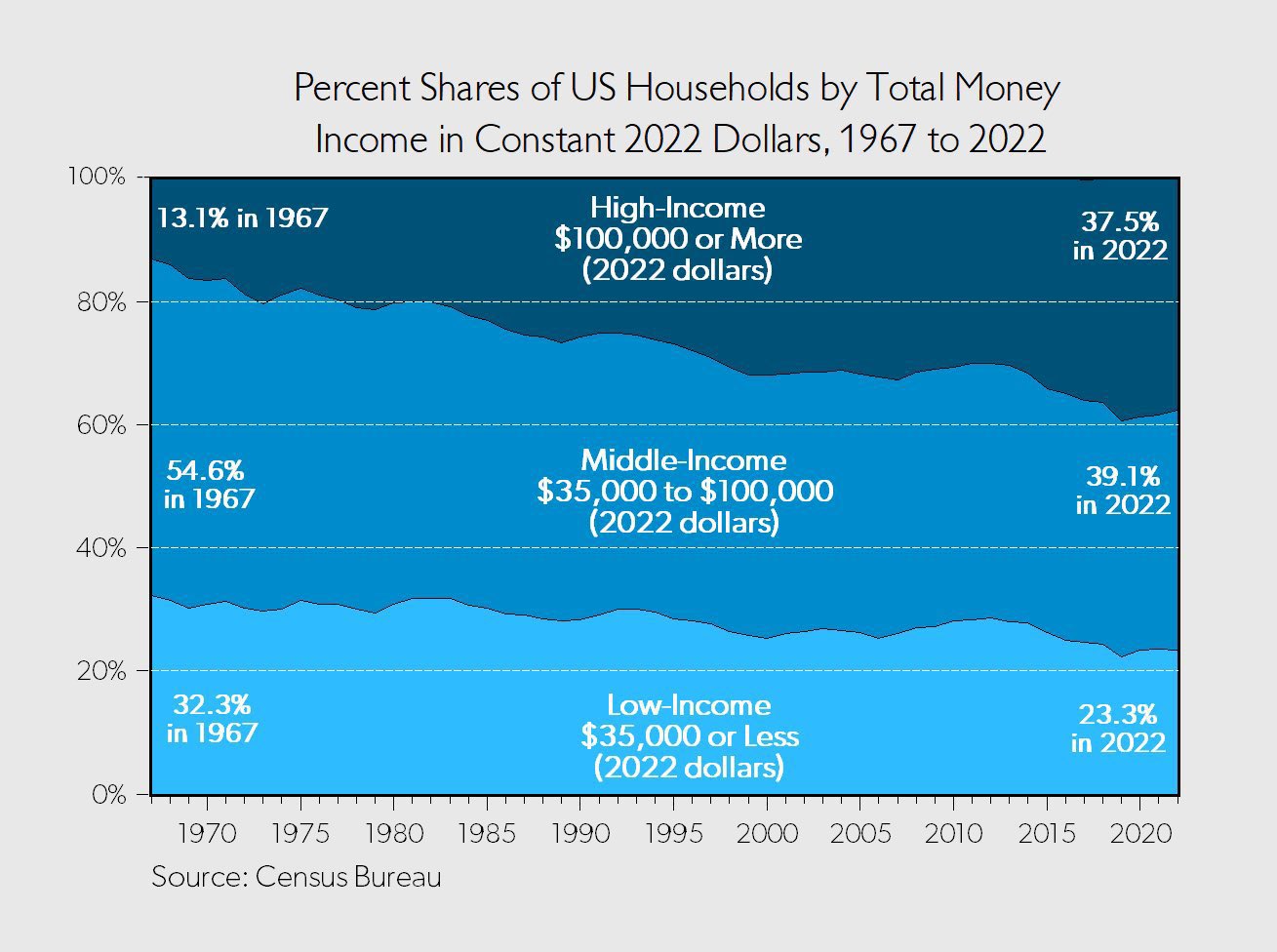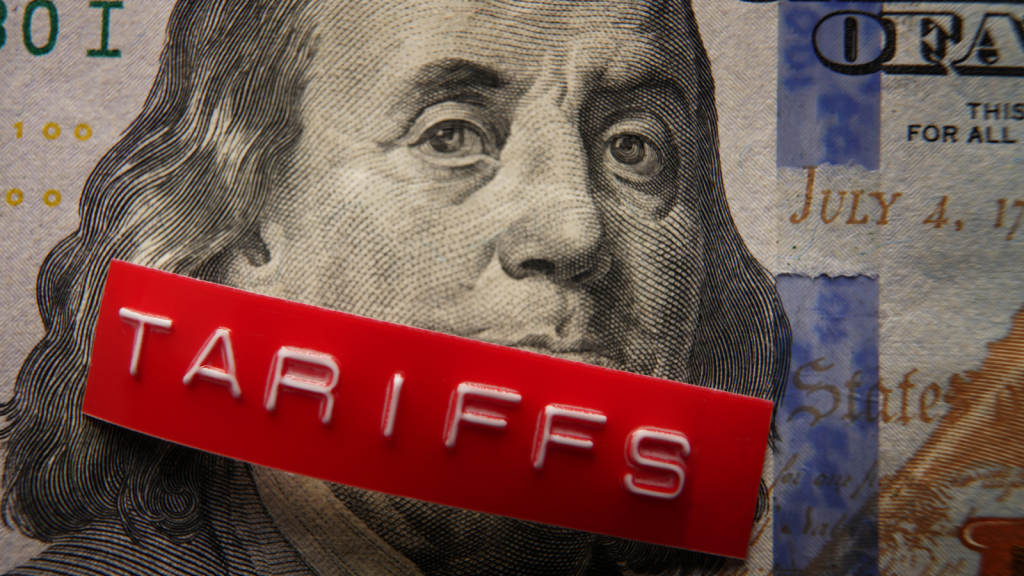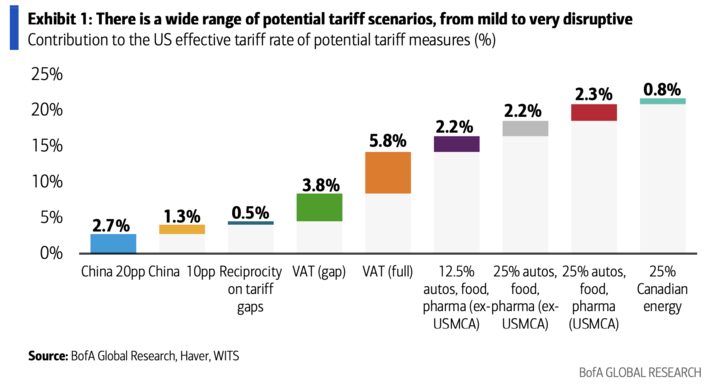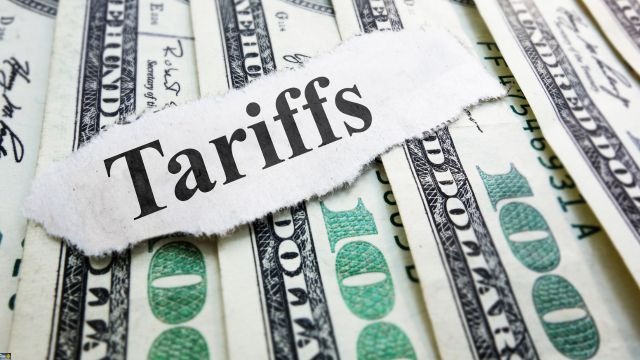Tariffs Will Cost This Detroit Automaker Billions More Than Its Rival
By now, most investors are likely aware of all the chatter surrounding the Trump administration's economic policies, including its tariff plans. It's a huge deal, and it could significantly impact automakers and their investors. These are massive companies with complicated supply chains that will need time to adjust to the rapid developments now underway.When it comes to U.S. auto company investors, the big question most want answered right now involves the potential impact on these companies' bottom line. So let's take a quick look at the type of impact the tariffs could have, and why General Motors (NYSE: GM) could be hit far harder than crosstown rival Ford Motor Company (NYSE: F).The Trump administration enacted a 25% tariff on April 3 on any vehicle not assembled in the U.S. President Donald Trump has said he also plans to place tariffs on some auto parts (including engines and transmissions), but those won't take effect until May 3. These moves could certainly threaten the automotive sector's profitability in the near term. Reciprocal tariffs that vary from country to country are likely to be enacted in response. Automakers had lobbied for vehicles and parts that are compliant with the United States-Mexico-Canada trade agreement to be tariff-free, but so far there have been no exemptions made.Continue reading

By now, most investors are likely aware of all the chatter surrounding the Trump administration's economic policies, including its tariff plans. It's a huge deal, and it could significantly impact automakers and their investors. These are massive companies with complicated supply chains that will need time to adjust to the rapid developments now underway.
When it comes to U.S. auto company investors, the big question most want answered right now involves the potential impact on these companies' bottom line. So let's take a quick look at the type of impact the tariffs could have, and why General Motors (NYSE: GM) could be hit far harder than crosstown rival Ford Motor Company (NYSE: F).
The Trump administration enacted a 25% tariff on April 3 on any vehicle not assembled in the U.S. President Donald Trump has said he also plans to place tariffs on some auto parts (including engines and transmissions), but those won't take effect until May 3. These moves could certainly threaten the automotive sector's profitability in the near term. Reciprocal tariffs that vary from country to country are likely to be enacted in response. Automakers had lobbied for vehicles and parts that are compliant with the United States-Mexico-Canada trade agreement to be tariff-free, but so far there have been no exemptions made.



